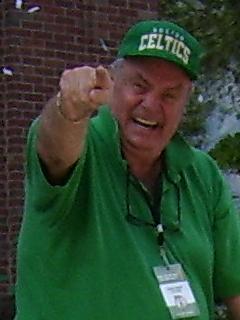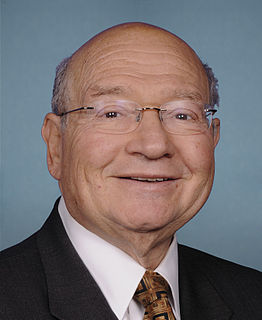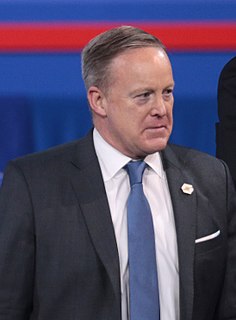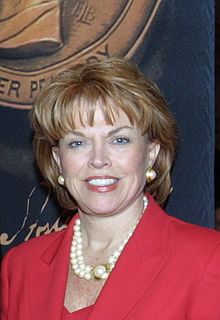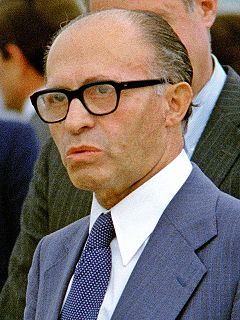A Quote by Tom Brokaw
I think people of my generation became journalists - you know, right after the broadcast pioneer fathers - because we wanted to report the big stories.
Related Quotes
A newspaper, as I'm sure you know, is a collection of supposedly true stories written down by writers who either saw them happen or talked to people who did. These writers are called journalists, and like telephone operators, butchers, ballerinas, and people who clean up after horses, journalists can sometimes make mistakes.
The media has changed. We now give broadcast licenses to philosophies instead of people. People get confused and think there is no difference between news and entertainment. People who project themselves as journalists on television don't know the first thing about journalism. They are just there stirring up a hockey game.
For decades, Barbara Walters has been described as a broadcast pioneer - and with good reason. In 1974, Walters became the first female host of the 'Today' show. In 1976, she became the first woman to serve as a network-news anchor. In 1984, she moderated the first presidential debate between Walter Mondale and Ronald Reagan.
It is only by hearsay (by word of mouth passed down from generation to generation) that whole peoples adore the God of their fathers and of their priests: authority, confidence, submission and custom with them take the place of conviction or of proofs: they prostrate themselves and pray, because their fathers taught them to prostrate themselves and pray: but why did their fathers fall on their knees?
I think most people aren't really privy to how stories are developed and what stories are - make it to the front page or to the mainstream media, whether it's in print or in broadcast. And I think they'd be shocked and disappointed to see some of the bias that exists in some of the stories that don't get told - or the manner in which they are told.
I think journalists and filmmakers are keen observers. And actors must also be sharp observers as they draw their characters and their stories from what they experience around them. After all, that is what actors, filmmakers, journalists are trained to be: observers. And then they do something with their observations.
I see a lot of people who have amazing stories but have been told that their work, their lives, and their stories and not the stuff of literature. Or they're first-generation college student, first-generation American, and their family just doesn't understand the art world. They have a lot of guilt. "We came all the way from [wherever] so you could do this?" Those people may not be showing the moxie, but that's because they don't even know what's possible. So I want to jump in and say, "Actually, your story is amazing, and I believe in you.".
I wanted to write about the time when science became modern, around the 1950s. Right after physicist J. Robert Oppenheimer, science started being so politicized and used as such a political weapon. When my father, who is a scientist, tells me about those years, I get a competing portrait of people who were expected to behave normally and be decent respectable members of society and who were also allowed this freedom to think in big and expansive ways. Now, when you think about people who work in labs, they're allowed to be socially inept in a very fundamental way.



